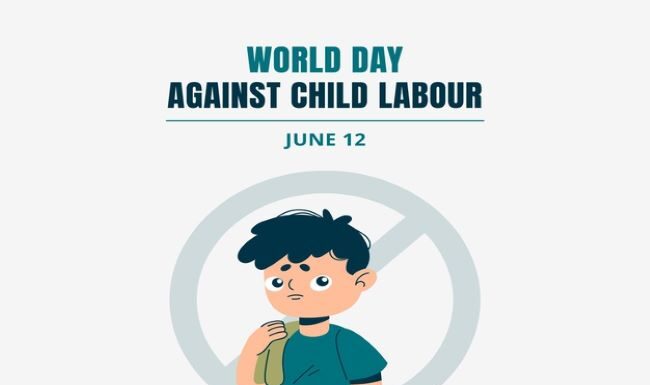Malaria
Malaria is a severe disease transmitted by mosquitoes, and without prompt diagnosis and treatment, it can be fatal.

Assessing Your Malaria Risk
Malaria is caused by bites from infected mosquitoes, and just one bite can lead to infection. It is particularly prevalent in tropical regions, including:
– Large parts of Africa and Asia
– Central and South America
– The Dominican Republic and Haiti
– Certain areas of the Middle East
– Some Pacific islands
It is not found in the UK, and you cannot contract it from another person.
Important Travel Information
Before traveling, check the Malaris risk for your destination. If you currently live in the UK but were born or previously lived in a high-risk area, you are still at risk and will not be immune.
For specific country risks, visit the Travel Health Pro website.
Preventing Malaria
If you’re heading to a Malaris -endemic area, consult a GP, nurse, pharmacist, or travel clinic at least 4 to 6 weeks before your trip. Last-minute advice is also available if needed.
You may receive a prescription for antimalarial tablets to minimize your risk and guidance on avoiding mosquito bites.
Precautions to Take
– Take any prescribed antimalarial medication, starting a few days or weeks before your trip and continuing for a few weeks after returning.
– Use insect repellent with 50% DEET on your skin.
– Sleep under insecticide-treated mosquito nets.
– Wear long-sleeved shirts and pants during the evening when mosquitoes are most active.
High-Risk Groups
Certain individuals should seek advice before traveling due to a higher risk of severe illness from Malaris , including:
– Pregnant women
– Young children
– Individuals over 65
– People with weakened immune systems
– Those without a spleen
Even if traveling to low-risk areas, you may still be prescribed antimalarial medication.
Symptoms of Malaria
Malaris symptoms can be difficult to recognize but may include:
– High fever, sweating, and chills
– Headaches and confusion
– Extreme fatigue, especially in children
– Nausea, vomiting, stomach pain, and diarrhea
– Loss of appetite
– Muscle aches
– Yellowing of the skin or eyes
– Sore throat, cough, and breathing difficulties
Symptoms typically develop 7 to 18 days after being bitten but can sometimes take months or even years to appear.
Urgent Action Required
If you’ve traveled to a malaria-endemic country and exhibit symptoms, seek an urgent GP appointment or contact NHS 111 immediately. Inform anyone you traveled with to seek help as well. You can reach NHS 111 online or by phone.
Malaria Treatment
Malaria requires immediate medical attention and is treated with antimalarial medications. Some patients may need to stay in the hospital for specialized care. There is a possibility of relapse, necessitating further treatment if this occurs.




























